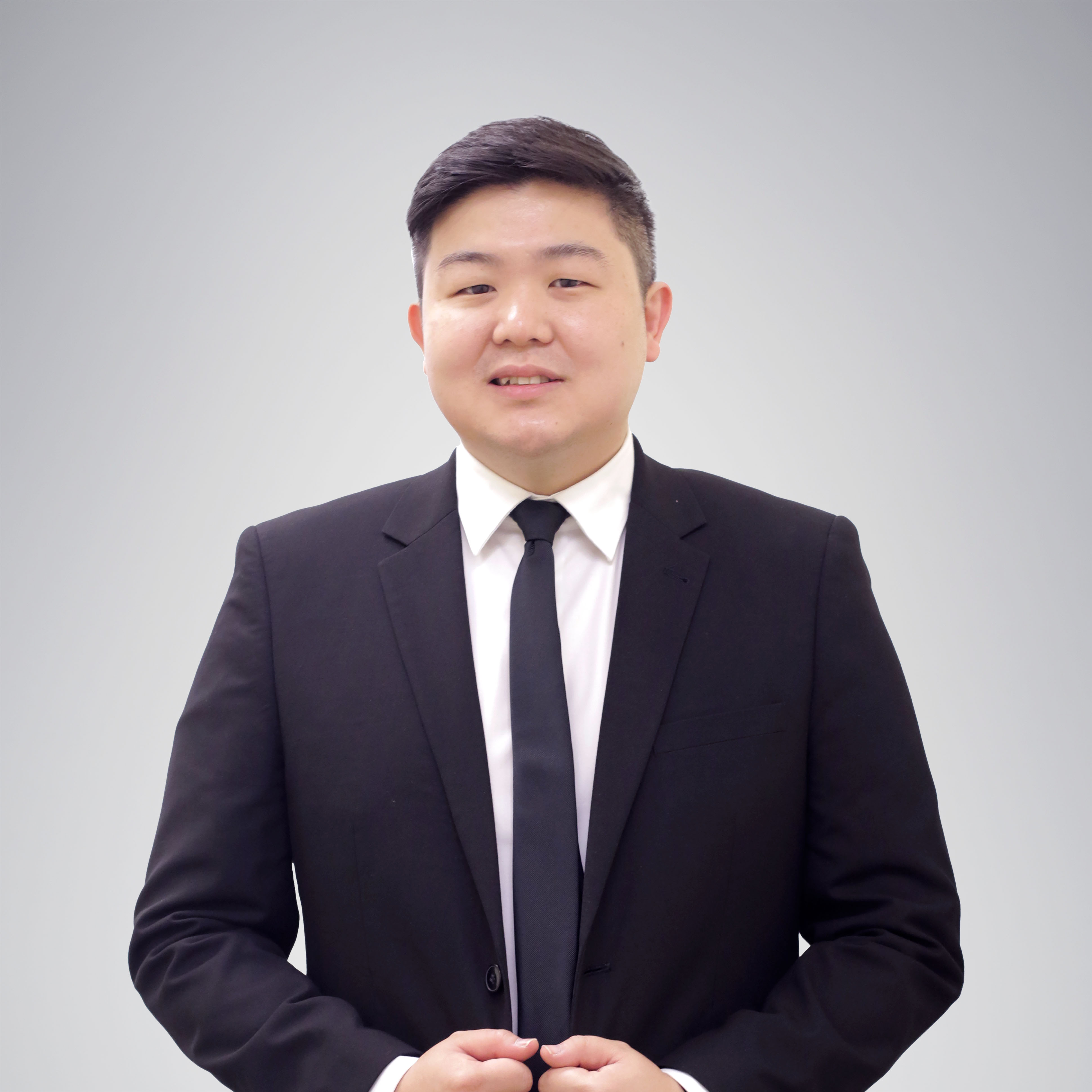A Stroke Doesn’t Wait — And Neither Should You
28 October 2025

A stroke is more than just a medical emergency — it’s a race against time. With over 12 million new cases globally every year, the chance of survival hinges on swift intervention in the first few hours. In Malaysia, the statistics are grim, with thousands facing long-term disabilities or death.
In Malaysia, the situation is equally alarming, with nearly 48,000 new stroke cases and almost 20,000 deaths recorded that same year.
According to Dr Aaron Lai Kuo Huo, Consultant Emergency Medicine, and Dr Mohamad Imran Bin Idris, Consultant Neurologist at Sunway Medical Centre, Sunway City, the first 72 hours following a stroke are critical.
They stress that rapid intervention, close monitoring, and coordinated multidisciplinary care during this window can make the difference between full recovery and lifelong disability.
Why Every Minute Matters After a Stroke
Public awareness campaigns have helped many people recognise the signs of stroke using the B.E. F.A.S.T. acronym (Balance, Eyes, Face, Arms, Speech, Time). But what happens after a patient reaches the hospital is just as important.
“The first 72 hours can determine whether a person recovers fully or faces long-term disability,” says Dr Aaron. “When a stroke strikes, the brain is deprived of oxygen, and damage starts immediately. Quick interventions, such as clot-busting drugs or thrombectomy, can save lives and preserve brain function — but these must happen fast.”
Studies have shown that patients who receive thrombolytic therapy within the first 4.5 hours of symptom onset have a much higher chance of functional recovery. This “golden hour” can significantly enhance the likelihood of regaining independence and improving quality of life.

The Importance of the First 72 Hours
Once a stroke patient arrives at the hospital, a multidisciplinary team swings into action. These initial 72 hours, sometimes called the “crucial window,” can decide between life and death or complete recovery versus permanent disability. 
Dr Mohamad Imran explains that preventing complications like secondary strokes or brain swelling is a priority. Patients undergo frequent brain scans in this period to spot any bleeding or issues early. Stabilising key health factors such as blood pressure and blood sugar is also essential to limit further brain damage.
Early rehabilitation, ideally starting between 48 and 72 hours, is pivotal in helping patients regain mobility and independence. Dr Mohamad Imran highlights how prompt therapy boosts the chances of recovery.
The urgency of rapid care is illustrated by success stories, like a young man who came to the hospital within an hour of symptoms and regained full function after clot-busting treatment delivered within 40 minutes.
Stroke Rising Among Younger People
Alarmingly, strokes are becoming more common among younger Malaysians, driven by lifestyle factors such as poor diet, obesity, smoking, and physical inactivity. Research shows a sharp increase in stroke cases among men and women aged 35 to 39.
“We’re seeing more metabolic syndromes like hypertension, diabetes, and high cholesterol in younger patients, and these are major contributors to stroke,” says Dr Aaron. He notes that many younger people fail to recognise early symptoms or delay seeking help, which can lead to more severe outcomes.
The Harmful Misconception About “Mini Strokes”
A dangerous misconception is that a “mini stroke”, or transient ischaemic attack (TIA), is harmless. Dr Mohamad Imran cautions against underestimating its seriousness. “I try not to use the term ‘mini stroke’ because it downplays the risk.
Even with a TIA, the chance of a full-blown stroke is very high, particularly in the first 48 hours. Any stroke symptom must be treated urgently.”
Dr Aaron adds, “Patients who experience a TIA should seek immediate medical attention, even if symptoms disappear. Up to one in five people with a TIA will suffer a major stroke within 90 days, and about half of these occur in the first 48 hours.”
A Holistic and Multidisciplinary Approach to Recovery
Effective stroke recovery relies on a holistic, multidisciplinary approach. Neurologists, physiotherapists, occupational therapists, and speech therapists collaborate to guide rehabilitation.
Dr Mohamad underscores that early therapy maximises patients’ chances to regain vital functions like walking, swallowing, and speaking. Family support is equally crucial — loved ones help with medication management, emotional challenges, and encouraging recovery.
With stroke rates climbing in Malaysia and worldwide, awareness of early symptoms and the value of timely post-stroke care has never been more urgent. As Dr Mohamad concludes, the goal is not just to save lives but to preserve the quality of life for stroke survivors.
Source: BusinessToday






